Diagnostic Pitfalls in Urologic Pathology
COURSE DESCRIPTION
Prostate needle core biopsies, transurethral resections of prostate, radical prostatectomy specimens, kidney biopsies, nephrectomy specimens, bladder biopsies, partial or total cystectomy specimens, testicular biopsies and orchiectomy specimens are frequently handled by pathology residents/fellows, general surgical pathologists and/or urologic pathologists in academic institutions and private practices. The spectrum of experience and frequency of disease entities are variable. These specimens present diagnostic challenges and risks to the pathologists who evaluate them. This course, based on pragmatic consultation cases and some routine, in-house cases is designed to reinforce accurate diagnoses, avoid diagnostic pitfalls and close existing professional practice gaps.
COURSE OBJECTIVES
• Recognize the most common benign mimics of prostate cancer; identify therapy-related changes in the
prostate; increase awareness of potential diagnostic pitfalls
• Identify secondary tumors involving the prostate, tumors arising from the prostatic urethra, and
histologic variants of prostate cancer
• Update pathologists on newly-described entities in renal neoplasia, including diagnostic guidelines
for utilizing immunohistochemistry in the work-up of renal tumors
• Develop a systematic approach to the diagnosis of bladder lesions, primary and secondary bladder tumors,
benign mimics of malignancy and to staging criteria
• Introduce new concepts and entities presented in the WHO 2016 Classification of Testicular Tumors
including differential diagnoses, morphologic mimics and prognostic significance
The United States and Canadian Academy of Pathology is accredited by the Accreditation Council for Continuing Medical Education (ACCME) to provide continuing medical education for physicians.
The United States and Canadian Academy of Pathology designates this live activty for a maximum of 16 AMA PRA Category 1 Credits™. Physicians should claim only the credit commensurate with the extent of their participation in the activity.
The USCAP is approved by the American Board of Pathology (ABP) to offer Self-Assessment credits (SAMs) for the purpose of meeting the ABP requirements for Maintenance of Certification (MOC). Registrants must take and pass the post-test in order to claim SAMs credit. Physicians can earn a maximum of 12 SAM credit hours.
Only logged in customers who have purchased this product may leave a review.
Related Products
VIDEO MEDICAL
VIDEO MEDICAL
VIDEO MEDICAL
VIDEO MEDICAL
VIDEO MEDICAL
VIDEO MEDICAL
VIDEO MEDICAL
VIDEO MEDICAL
VIDEO MEDICAL
VIDEO MEDICAL
VIDEO MEDICAL
VIDEO MEDICAL
VIDEO MEDICAL
VIDEO MEDICAL
VIDEO MEDICAL
VIDEO MEDICAL
VIDEO MEDICAL
Head and Neck, and Endocrine Pathology: Potpourri of Non-Neoplastic Lesions and Neoplasms
VIDEO MEDICAL
VIDEO MEDICAL
VIDEO MEDICAL
VIDEO MEDICAL
VIDEO MEDICAL
VIDEO MEDICAL
VIDEO MEDICAL
Diagnostic Challenges in Urologic Pathology: The Usual Suspects and The New Kids on the Block
VIDEO MEDICAL
VIDEO MEDICAL
VIDEO MEDICAL
VIDEO MEDICAL
VIDEO MEDICAL
VIDEO MEDICAL
VIDEO MEDICAL
VIDEO MEDICAL
VIDEO MEDICAL
VIDEO MEDICAL
VIDEO MEDICAL
VIDEO MEDICAL
VIDEO MEDICAL
VIDEO MEDICAL
VIDEO MEDICAL
VIDEO MEDICAL
VIDEO MEDICAL
VIDEO MEDICAL
VIDEO MEDICAL
Placental Pathology – A Tour of Common and Rare Pathologies with a Focus on Clinical Relevance
VIDEO MEDICAL
VIDEO MEDICAL


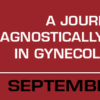
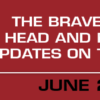

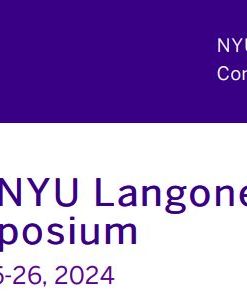
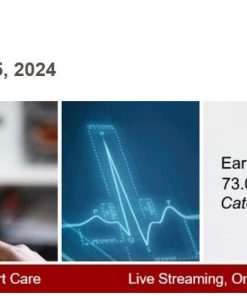
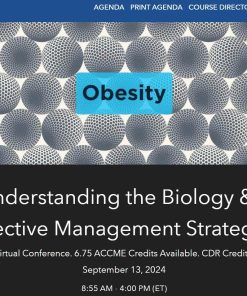
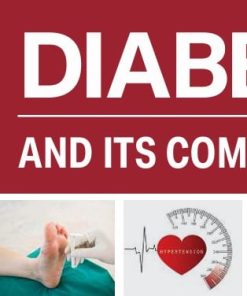
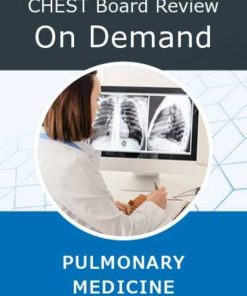
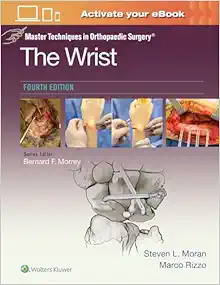
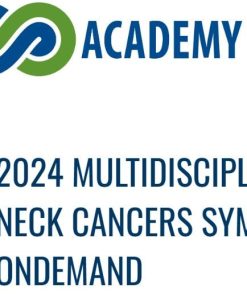

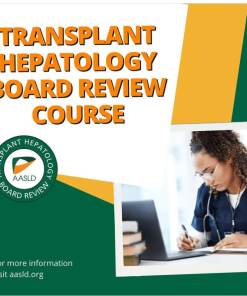
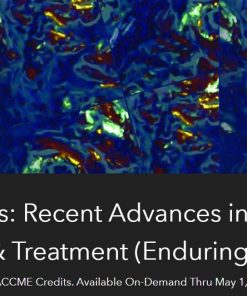
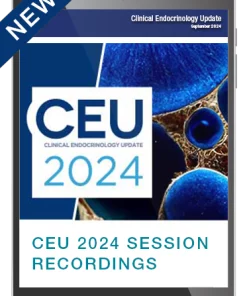
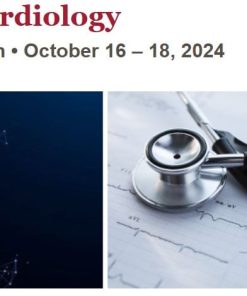
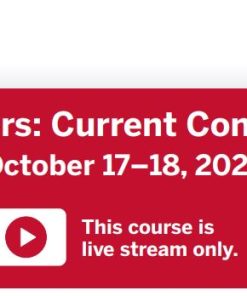
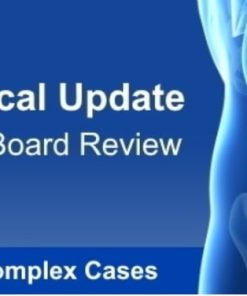
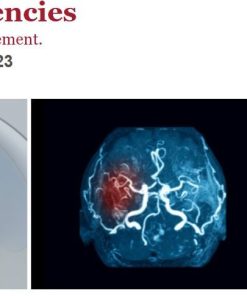
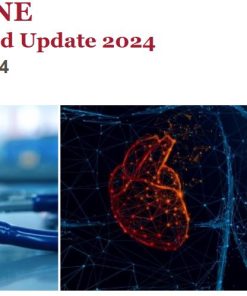
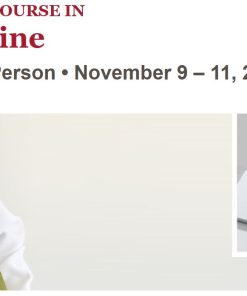

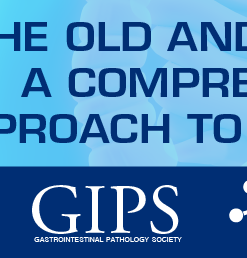
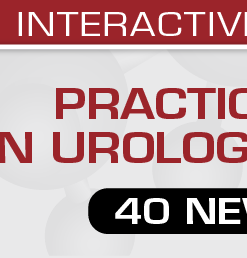

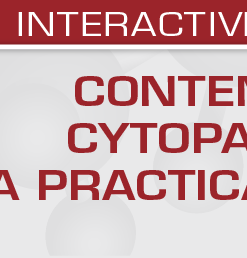

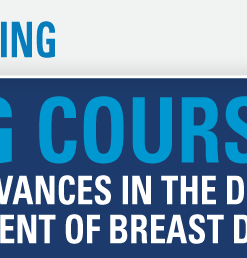

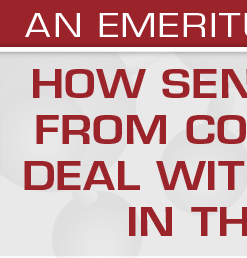
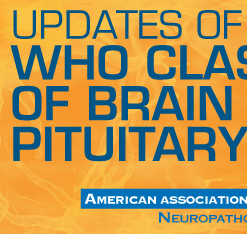
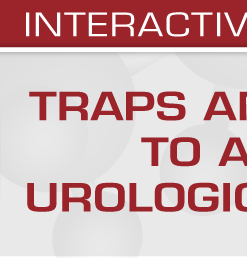
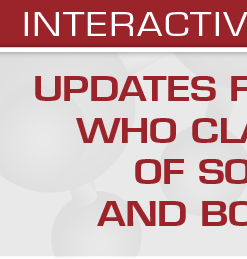

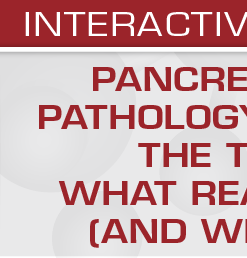

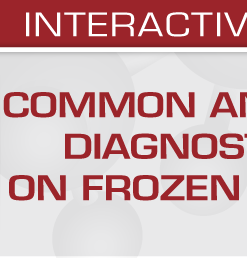
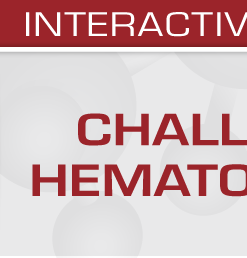

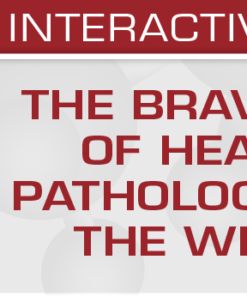



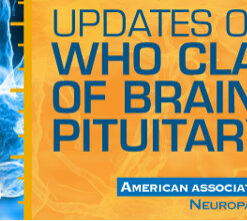
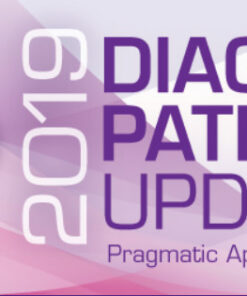
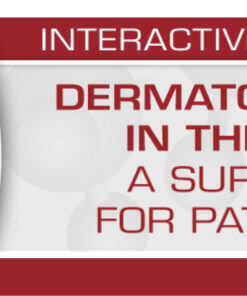


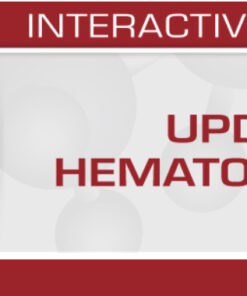
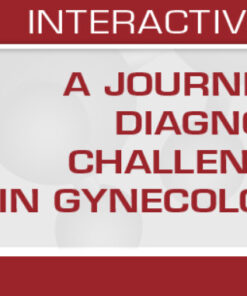
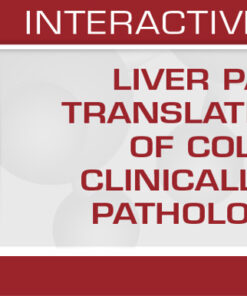

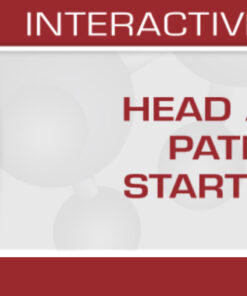
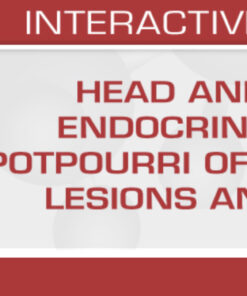
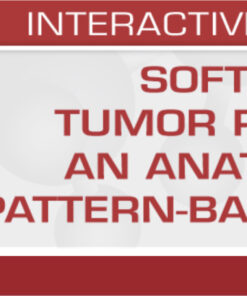
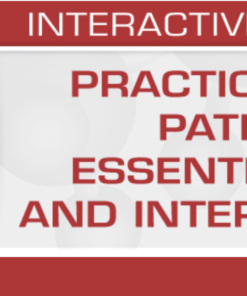
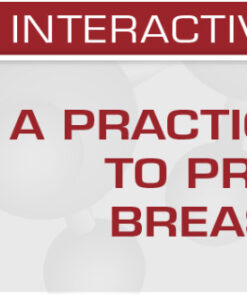
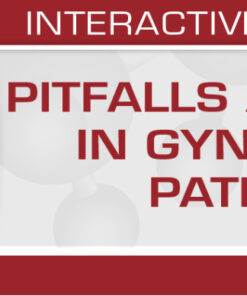
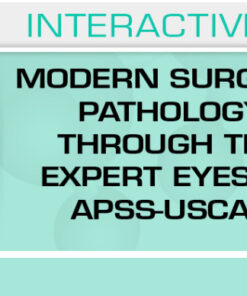
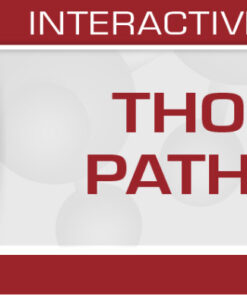
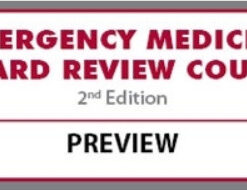
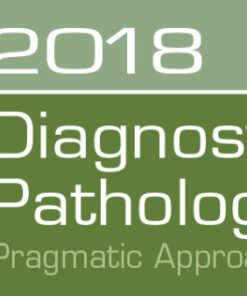
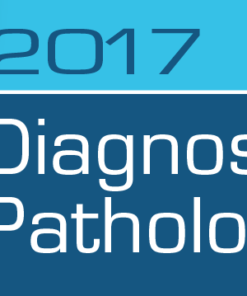
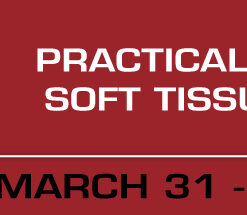
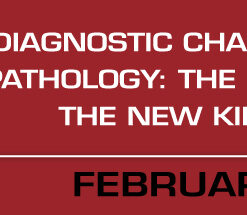
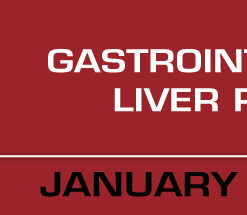
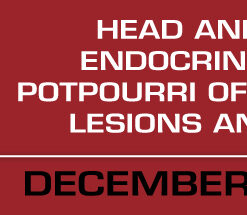
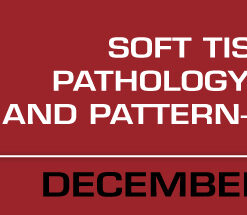
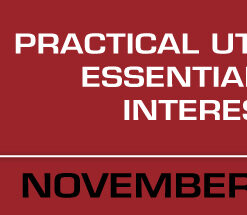
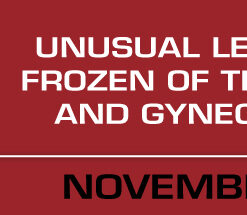
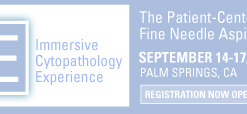
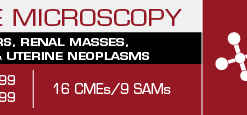
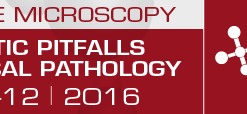
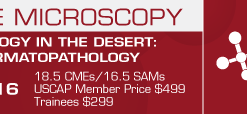

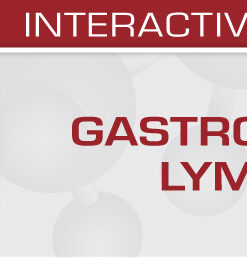
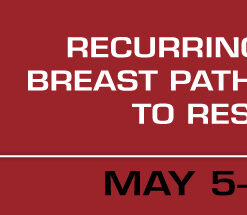
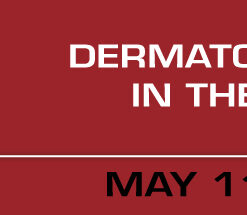
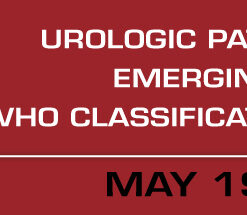
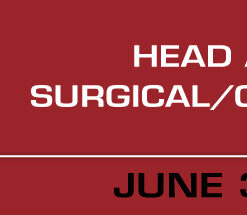
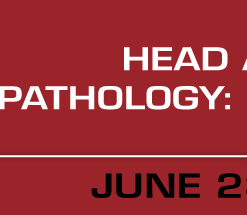
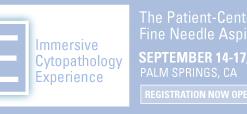
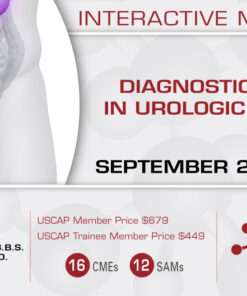
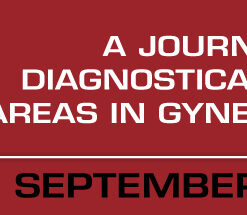
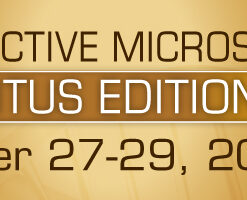
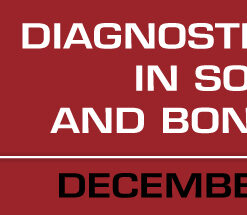
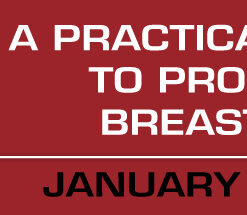
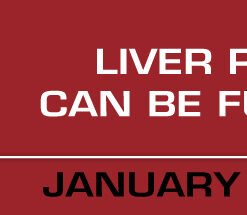


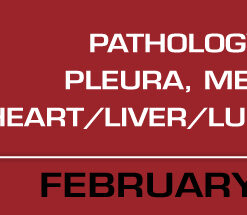
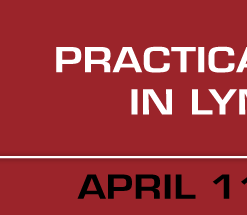
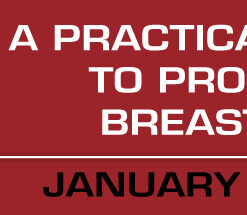
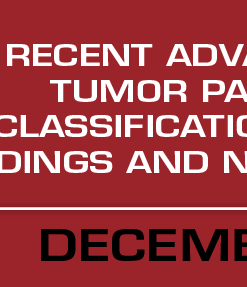
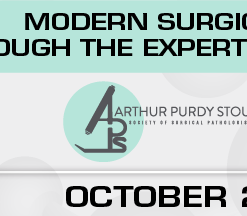
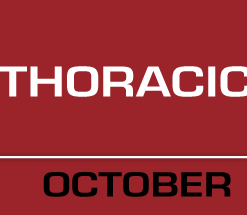
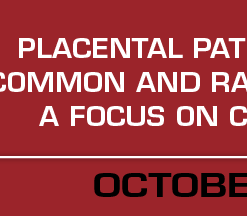
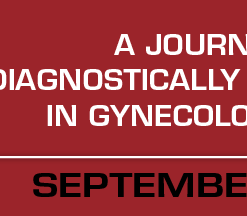
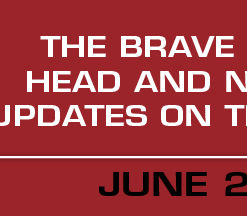
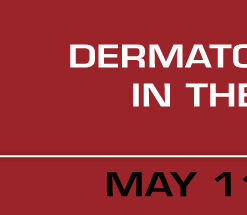

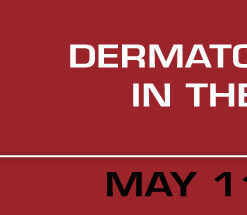

Reviews
There are no reviews yet.